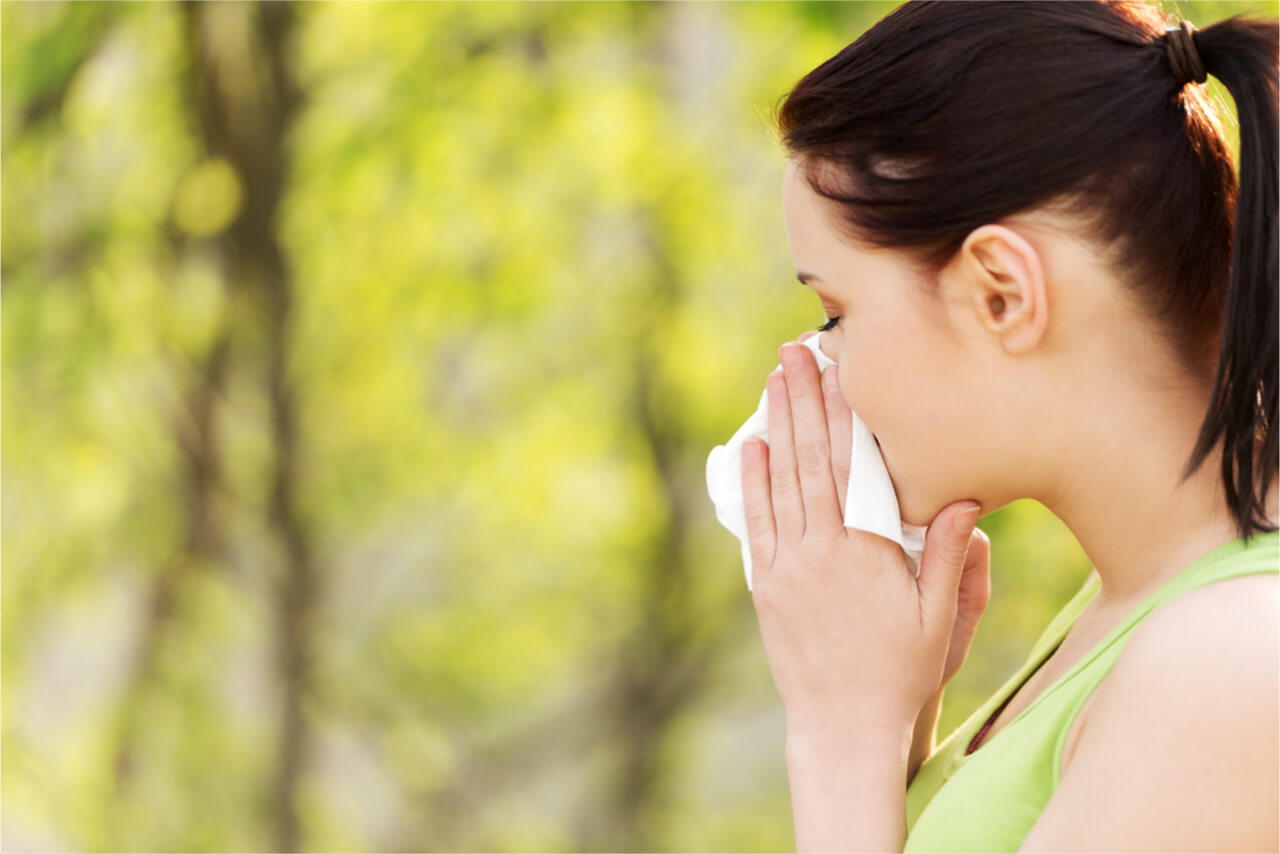According to a study published in Psychiatry Research, when paired up, yogurt and pickles (both fermented, probiotic-containing foods), may play a protective role against social anxiety. The study surveyed over 700 young adults about their fermented food consumption, neuroticism (a personality trait that refers to the tendency to respond negatively to threat, frustration, or loss), and social anxiety. Researchers also controlled for other factors that may have influenced the participants’ social anxiety such as exercise frequency, healthy eating habits, and demographics. Here’s what the researchers found:
- Participants who ate more fermented foods reported less social anxiety compared with those who ate fewer fermented foods; this relationship was strongest among participants who reported high neuroticism (which was a predictor for higher social anxiety).
While more research is needed to establish a cause and effect relationship between fermented foods and lower social anxiety, this study does suggest that fermented foods may help people at high genetic risk for social anxiety. And as the study authors point out, “the fix” is relatively low-impact—and tasty. In addition to yogurt and pickles, kefir, kimchi, miso, and sauerkraut are other fermented foods that contain probiotics.
Source
- Psychiatry Research











